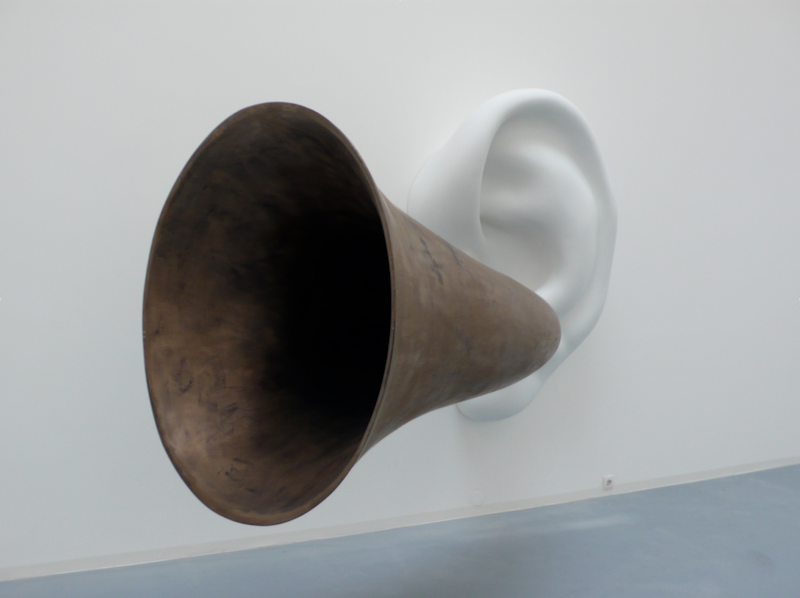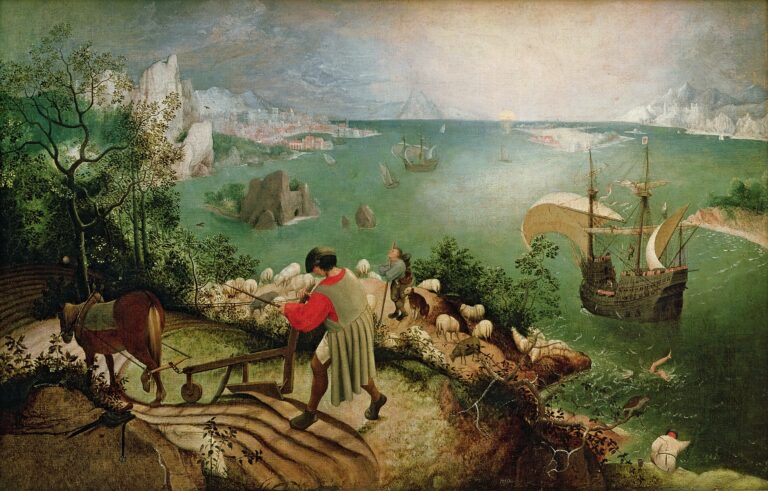* He actually said “walled gardens of curiosity.” Why a “walled” garden? To keep politicization out of classrooms. What kinds of politicization can be kept out, and what kinds should be kept out? That was not discussed. Also not discussed: that complaints about “politicization” are sometimes just complaints about efforts to draw attention to unnoticed (because ‘normal’) existing political elements, and so are themselves political.

I have no great love for this organization, which has as its wolf-in-sheep’s-clothing mission statement, “to improve the quality of research and education in universities by increasing open inquiry, viewpoint diversity, and constructive disagreement,” and which in practice relies on rather narrow and shallow conceptions of these ideas, according to which the main threat to them are things like leftwing students complaining about Charles Murray.
That is the kind of question that sounds fundamental, but is built on a couple of big assumptions: that the various things a university does are best understood (theoretically or practically) as serving one overarching aim, and that the various kinds of universities are best understood as serving the same aim. If said aim is to be described with any substance (and not just a placeholder like “education”), I’m doubtful about both of these assumptions, but let’s put that aside for a moment.

I’d be curious to hear what others think are obstacles to curiosity. Perhaps together we can provide some items for the agenda of an academic organization whose new leader is interested in it doing better work.
[John Baldessari, “Ear Trumpet”]
What is the aim of a university?
As a possible replacement for the “truth” telos, Tomasi tested out an alternative: curiosity. And he suggested a certain metaphor for what he thinks universities should be like: “gardens of curiosity.”* The idea, he said, is that universities should cultivate curiosity in their students, and that Heterodox Academy would be about promoting this aim.
I mention the question because it was asked by political theorist John Tomasi in a talk he recently gave here at the University of South Carolina. Tomasi, earlier this year, left his professorship at Brown University to take over the leadership of the Heterodox Academy, and in his talk shared his vision for the organization. (The question was also raised here.)
- Instrumentalization. From many quarters students get the idea that university education is a kind of job training, and that mentality seems discouraging towards curiosity.
- Poverty. Economic insecurity and related pressures on some students leave them with less time or energy for studies, engagement with materials, interaction with faculty, etc.
- Entertainment. Entertainment has its place, and the internet has brought great benefits, but it must be acknowledged that today’s historically unprecedented cheap and easy availability of massive amounts of entertainment, all right there in one’s pocket, poses a threat to opportunities for the kind of thoughtful curiosity we hope for from students.
- Unengaging Teaching. Boring teaching risks turning students off to learning and large classes tend to free them from some of the incentives towards engagment with the material. (To the extent to which large classes are the result of budget constraints, poor funding or funding choices may be an approproate target.)
- Legislative Interference. State institutions face the threat of lawmakers making system-wide demands on curriculum and teaching that aim to prevent students from learning about controversial or unfamiliar ideas that may spur their curiosity.
—
Here are what seem like five plausible targets to me:
The organization’s previous leader, Jonathan Haidt, would tell audiences that universities must choose as their telos “truth” over “social justice.” Tomasi said he does not care for this framing. Partly this is owed, he said, to the trouble an organization aimed at professors might have growing its membership by billing itself as “anti-social-justice”—but one might hope there is more to it than just marketing concerns.
Let’s take this suggestion seriously for a moment. If Tomasi is interested in dedicating the Heterodox Academy to the mission of cultivating curiosity in students, what should the organization see as the main obstacles to student curiosity, the main problems to tackle?





